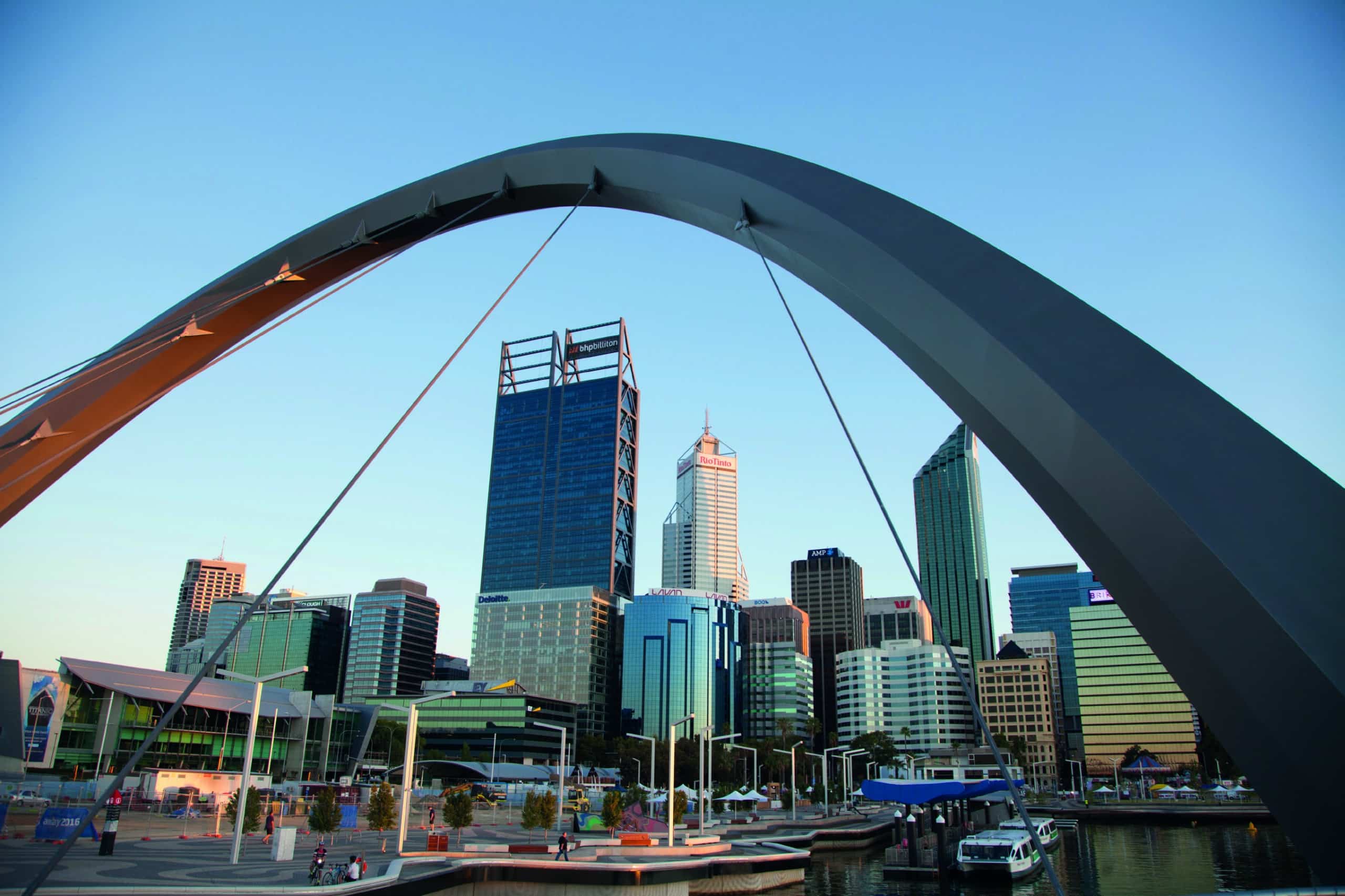Hidden away in an unassuming commercial unit in Cockburn is a man whose technical wizardry has the potential to save lives across the globe.
Balconi Telecommunications Managing Director Con Michael has a created a world-first device that allows paramedics in areas with weak satellite connections to seek advice from doctors via two-way video conferencing.
The device – the Smart Torch first responders kit – allows doctors many hundreds of kilometres away to quickly assess the extent of injuries before providing valuable advice to paramedics.
“You can’t describe a really complex situation on a phone and if you’re in the middle of nowhere, satellite phones are difficult,” Michael says. “You can’t describe which bits are hanging out where and where blood is coming out of.”
Michael, who has a background in broadcast communications and satellites, embarked on the Smart Torch project after being approached by St John Ambulance.
The Smart Torch first responders kit has attracted interest from Australian and international medical humanitarian organisations, including the UN and Médecins Sans Frontières, which see its potential as an effective tool in tele-health.
He says the physical technology for the torch, like the camera, was simple but the hard part was beaming the video stream from the remote location.
“I had to design for a satellite with a 128kbps connection, which is not made for video conferencing,” he says. “That was the problem as we needed to make this for a very small bandwidth. I had to rethink how the whole thing came together.”
With the help of global satellite giant Inmarsat and a little-known video company Vivitek, Michael cracked the nut beyond what even he thought was possible.
“You can see the hairs on the arm with our connection,” he says. “We’ve developed the HD snapshot where the receiver of the video can click a button and it will take a full HD jpeg of the frame.”
The Smart Torch first responders kit contains a torch, satellite, solar panels and head set, all coming in at under 7kg.
Michael says the kit needed to be compact for use by the UN so staff could take it on planes as carry-on luggage.
He says the smart torch and software will also be of great use in remote mental health consultations and non-health related areas.
“It doesn’t have to be emergency trauma,” he says. “It can be utility stuff – just saving someone going and changing a car in a remote community will save a heap of dollars.”
He hopes to take the smart torch and kit to market in 2018 but trials will continue with St John, the UN, Rural Health WA and Indigenous communities.
►At CCI we know that helping business work helps West Australians work. Talk to our Membership team today on 1300 4 22492 about how we can help grow and support your business.












